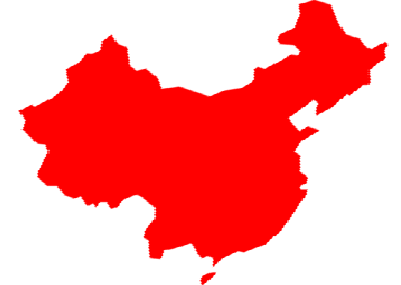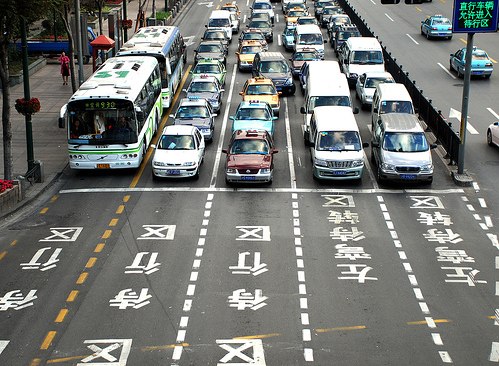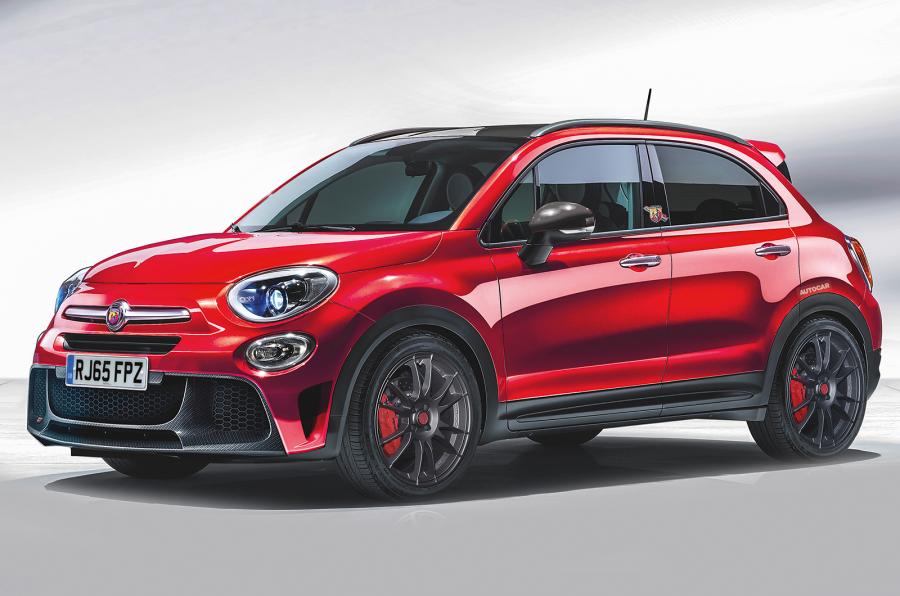Now Reading: Trump tweets China to cut import tariffs on U.S.-made cars
-
01
Trump tweets China to cut import tariffs on U.S.-made cars
Trump tweets China to cut import tariffs on U.S.-made cars

U.S. President Donald Trump stated China had agreed to slash import tariffs on American-made cars, buoying shares in BMW and Daimler who produce in the United States for export to the world’s biggest vehicle market.
Shares of Chinese car dealers also perked up on hopes that this move could strengthen the domestic auto market that is self-assured for its first yearly sales contraction in decades in middle of cooling economic development and a debilitating U.S.-China trade war.
Trump, fresh from agreeing a 90-day cease-fire in his trade war with China during the meeting of the G20, stated on Twitter “China has agreed to reduce and remove tariffs on cars coming into China from the U.S. Currently the tariff is 40%”.
The move, if realized, would improve U.S. automakers who were hit hard when China ramped up levies on U.S.-made cars in July as part of a broad package of retaliatory tariffs in middle of the sprawling trade war between the two countries.
“If they cancel the extra 25 percent tariff on U.S.-made cars, then we will see positive signs for imported cars,” Wang Cun, director of the China Automobile Dealers Association’s import committee, informed reporters in Beijing.
Beijing increased tariffs on U.S. auto imports to 40 percent in July, forcing many automakers to increase prices in a major hit to the roughly $10 billion worth of passenger vehicles the United States sent to China in 2017.
That put U.S.-made car brands such as Tesla Inc and Ford Motor’s Lincoln at a major disadvantage as the move came quickly after China cut auto import tariffs for the broader market to 15 percent from 25 percent.
Stay Informed With the Latest & Most Important News
Previous Post
Next Post
-
 01Polestar Boss Says It’s Time To Outrun BMW M And Mercedes-AMG
01Polestar Boss Says It’s Time To Outrun BMW M And Mercedes-AMG -
 02Spy Shots: 2027 Mitsubishi Pajero Spotted in Testing Ahead of Possible U.S. Return
02Spy Shots: 2027 Mitsubishi Pajero Spotted in Testing Ahead of Possible U.S. Return -
 03Spy Photos: VW ID. Polo GTI Goes Electric with 223 HP and 280 Miles of Range
03Spy Photos: VW ID. Polo GTI Goes Electric with 223 HP and 280 Miles of Range -
 042026 Toyota Hilux EV: A Powerful Truck with Silent Torque
042026 Toyota Hilux EV: A Powerful Truck with Silent Torque -
 05The Controversial Ford Voodoo V8 That Was Killed Off Too Early
05The Controversial Ford Voodoo V8 That Was Killed Off Too Early -
![2027 Mercedes-Benz S-Class Debuts with V8 Engine [Photo Gallery]](https://speedlux.com/wp-content/uploads/2026/01/2027-Mercedes-Benz-S-Class-33-155x125.jpg) 062027 Mercedes-Benz S-Class Debuts with V8 Engine [Photo Gallery]
062027 Mercedes-Benz S-Class Debuts with V8 Engine [Photo Gallery] -
 07Hyundai Palisade’s Breakout Year Shows How Quickly the Market Can Turn
07Hyundai Palisade’s Breakout Year Shows How Quickly the Market Can Turn


![2027 Mercedes-Benz S-Class Debuts with V8 Engine [Photo Gallery]](https://speedlux.com/wp-content/uploads/2026/01/2027-Mercedes-Benz-S-Class-33-700x394.jpg)










































